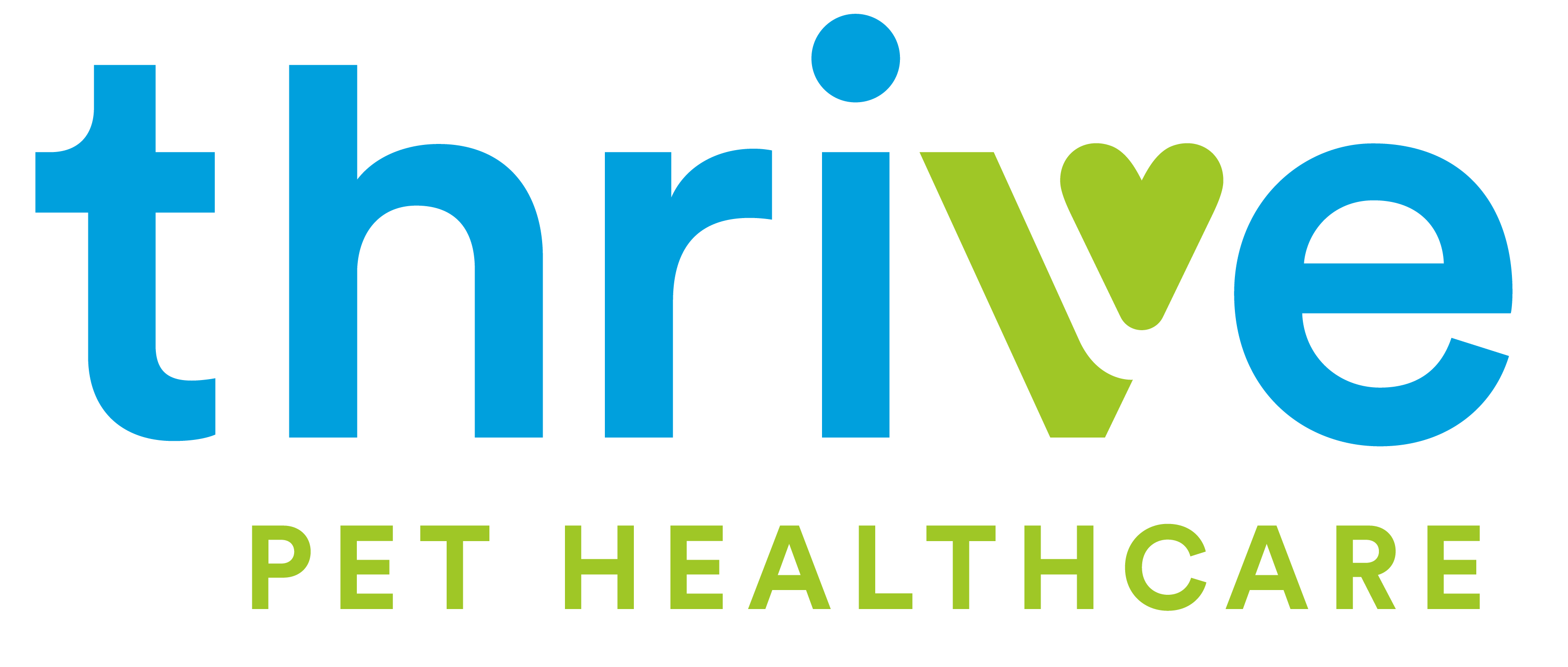
Reimagining veterinary post graduate education

Learn more about the role of a house officer, and the pressures they face
Subscribe to The Vet Blast Podcast on
Have you heard the term house officer at a veterinary clinic and was curious about what it meant? Or if you have heard of it and were curious to learn more about it? To help get a better understanding of house officers, Leslie Bauer, DVM, DABVP, director of house officer training programs for Thrive Pet Healthcare and ER Academy national director joins this episode of the podcast to answer all your house officer questions.
"Thrive Pet Healthcare's ER Academy is a one-year program that guides new graduates from commencement to competence on the emergency room floor. The program provides structured mentorship, where mentees engage in primary cases with a senior veterinarian, focusing on case management, client communication, and navigating the challenges and triumphs on the floor. Emergency surgery is actively encouraged at each Thrive location, recognizing its significance in skill development. The program is offered at five Thrive locations," Bauer told dvm360 exclusively.
Throughout the episode, host Adam Christman, DVM, MBA, and Bauer review more about Thrive Health Petcare's training programs, the future of their house officer training, and more to help listeners get a better understanding of house officers in and out of the Thrive Health Petcare network.
"Mentees follow a schedule alongside their mentors, engaging in weekly didactic learning to attain VECCS core competencies. They adhere to capped work hours and undergo quarterly evaluations. Each veterinarian in the program undergoes evaluation, and a plan is devised to foster their growth, progressively reducing oversight while increasing their caseload. Thrive is pleased to embark on its seventh year of this program," she concluded.
Below is a partial transcript. Listen to the podcast above for more.
Leslie Bauer, DVM, DABVP: [House officer] is a term that we borrowed from human medicine, like a lot of our other things. And it refers to basically, veterinarians who are licensed veterinarians that are undergoing advanced training programs. And so technically, it came from a resident physician that was seeing patients but had an attending physician. And so the house was actually the hospital. And so that's where it originally came from. In veterinary medicine, we used it to refer to interns and residents.
Newsletter
From exam room tips to practice management insights, get trusted veterinary news delivered straight to your inbox—subscribe to dvm360.




